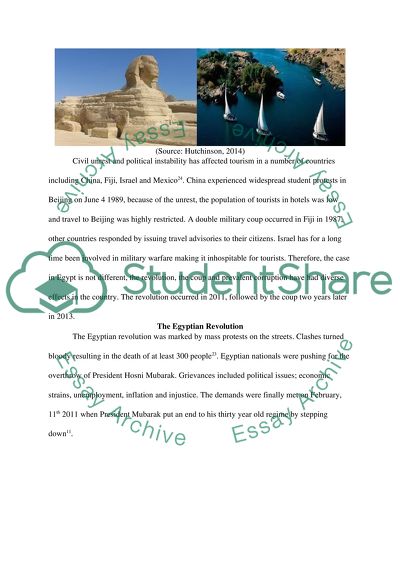Cite this document
(“An account of the revolution followed by the coup in egypt with Assignment”, n.d.)
An account of the revolution followed by the coup in egypt with Assignment. Retrieved from https://studentshare.org/tourism/1697240-an-account-of-the-revolution-followed-by-the-coup-in-egypt-with-elements-of-the-corruption-involved-in-government-activities-and-how-they-have-effected-tourism
An account of the revolution followed by the coup in egypt with Assignment. Retrieved from https://studentshare.org/tourism/1697240-an-account-of-the-revolution-followed-by-the-coup-in-egypt-with-elements-of-the-corruption-involved-in-government-activities-and-how-they-have-effected-tourism
(An Account of the Revolution Followed by the Coup in Egypt With Assignment)
An Account of the Revolution Followed by the Coup in Egypt With Assignment. https://studentshare.org/tourism/1697240-an-account-of-the-revolution-followed-by-the-coup-in-egypt-with-elements-of-the-corruption-involved-in-government-activities-and-how-they-have-effected-tourism.
An Account of the Revolution Followed by the Coup in Egypt With Assignment. https://studentshare.org/tourism/1697240-an-account-of-the-revolution-followed-by-the-coup-in-egypt-with-elements-of-the-corruption-involved-in-government-activities-and-how-they-have-effected-tourism.
“An Account of the Revolution Followed by the Coup in Egypt With Assignment”, n.d. https://studentshare.org/tourism/1697240-an-account-of-the-revolution-followed-by-the-coup-in-egypt-with-elements-of-the-corruption-involved-in-government-activities-and-how-they-have-effected-tourism.


